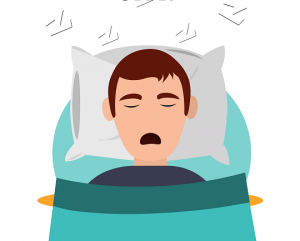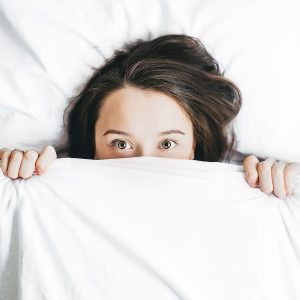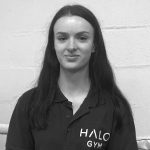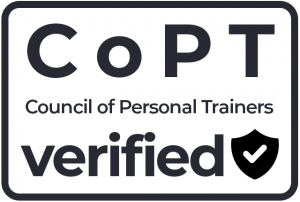4 WAYS TO BETTER SLEEP
By Catherine Symons

When it comes to our fitness training, often sleep is overlooked. However the quality of our sleep is one of the most important factors we must consider when wanting to achieve our goals.
To put it simply, when we sleep our body is in an anabolic state, where our systems, including muscular, nervous, immune and skeletal are all restoring and repairing. Failing to continuously get adequate sleep can lead to diabetes, obesity, cancer, and depression, to name a few. Yet so many of us are still sleep deprived.
Yes it may be hard sometimes to get a full 8 hours sleep each night with work and family commitments, but here are just some starting points that you can begin to implement into your daily routine.
1. Make our bedroom a ‘sanctuary’
It may seem pretty obvious, but making our bedroom a peaceful place where our mind associates it with sleep can make a massive difference. How many of us sit on our bed whilst replying to emails, or studying etc?
As these actions are repeated over time Myelin (a fatty material which wraps around our nerves to protect and enable them to react quicker) sends impulses to our brain and body, making these actions run faster and more smoothly. In other words it becomes natural for us to do these actions.
By simply making sure that our work is done in a separate place, e.g. a home office, our brain will soon associate work with that place, and if we only used our bed to sleep in then sleep would be associated with our bedroom. If we’re working on the bed then our body is going to become very confused.
2. More sunlight
At specific times of the day our body is designed to release certain hormones. It is our circadian timing system which allows this – it helps with digestion, our immune system, mentality, and fat utilisation, to name a few. The hypothalamus is known to be the main gland that controls a lot of our bodies systems such as hunger, thirst, temperature and sleep cycles.
Getting sunlight in the morning calls on the hypothalamus and other organs and glands to basically ‘wake up’. The right amount of sunlight (and it’s important that it is from the sun and not an artificial source) triggers optimum levels of hormones during the day.
When getting optimum levels of UV our body promotes the production of Vitamin D and serotonin. Serotonin basically is the ‘happy hormone’ putting us in a good mood, which in turn sets us up for a good night’s sleep.
In terms of sleep quality it’s melatonin that is actually the main man – it sends signals to our body to prepare us for sleep.
All in all, not enough sunlight during the day (especially in the morning) and too much artificial light especially in the evening will affect our sleep.

3. Phones and Screens
Following on from the previous point about artificial light, especially at night time, the use of tv screens, tablets and phones right before bed will have a big impact on sleep quality.
To put it simply, the artificial blue light from screens encourages the body to produce cortisol, which is a daytime hormone, confusing our body’s natural sleep routine.
To stop this from happening, try turning all screens off 90 minutes before bedtime. If this is something you simply can’t do because of work commitments etc then there are many apps you can download onto devices that will block out the blue light.
4. Caffeine
In a study, participants who drank coffee 6 hours before bed time had a sleep loss time of 1 hour. That’s 6 hours before bedtime!!
Caffeine in simple terms is a nervous system stimulant, so you can imagine how the body going a little crazy will affect sleep quality. Adrenaline and cortisol are also promoted through caffeine consumption, two sleep affecting hormones.
Don’t get me wrong, caffeine also has its place. With cortisol playing an important role in our daily rhythm a little caffeine in the morning can help with that feeling of being tired (low levels of cortisol). But it is advised that caffeine consumption be stopped early afternoon.
Summary
Now of course, there are many other factors we may need to consider too when it comes to helping ourselves with getting a better night’s sleep, but try these 4 pointers to start, and let me know if you can see any improvements.
References:
Sleep Smarter by Shawn Stevenson
Photo credit: Alexandra Gorn on Unsplash

About the author
Catherine Symons is a qualified level 3 personal trainer, and currently studying to specialise in sports performance enhancement. Having competed from a young age in middle distance running, including representing Kent in many cross country championships, she understands what hard work is.
For the past two years she has begun to move away from competing in distance running, and instead found a passion in strength training. Combining the two disciplines together, Catherine has a good knowledge of many aspects of sports training.
Catherine’s passion is to help athletes and the ‘everyday gym goer’ to perform to their absolute best, in the most efficient way possible, to reach their goals and to achieve great results.

